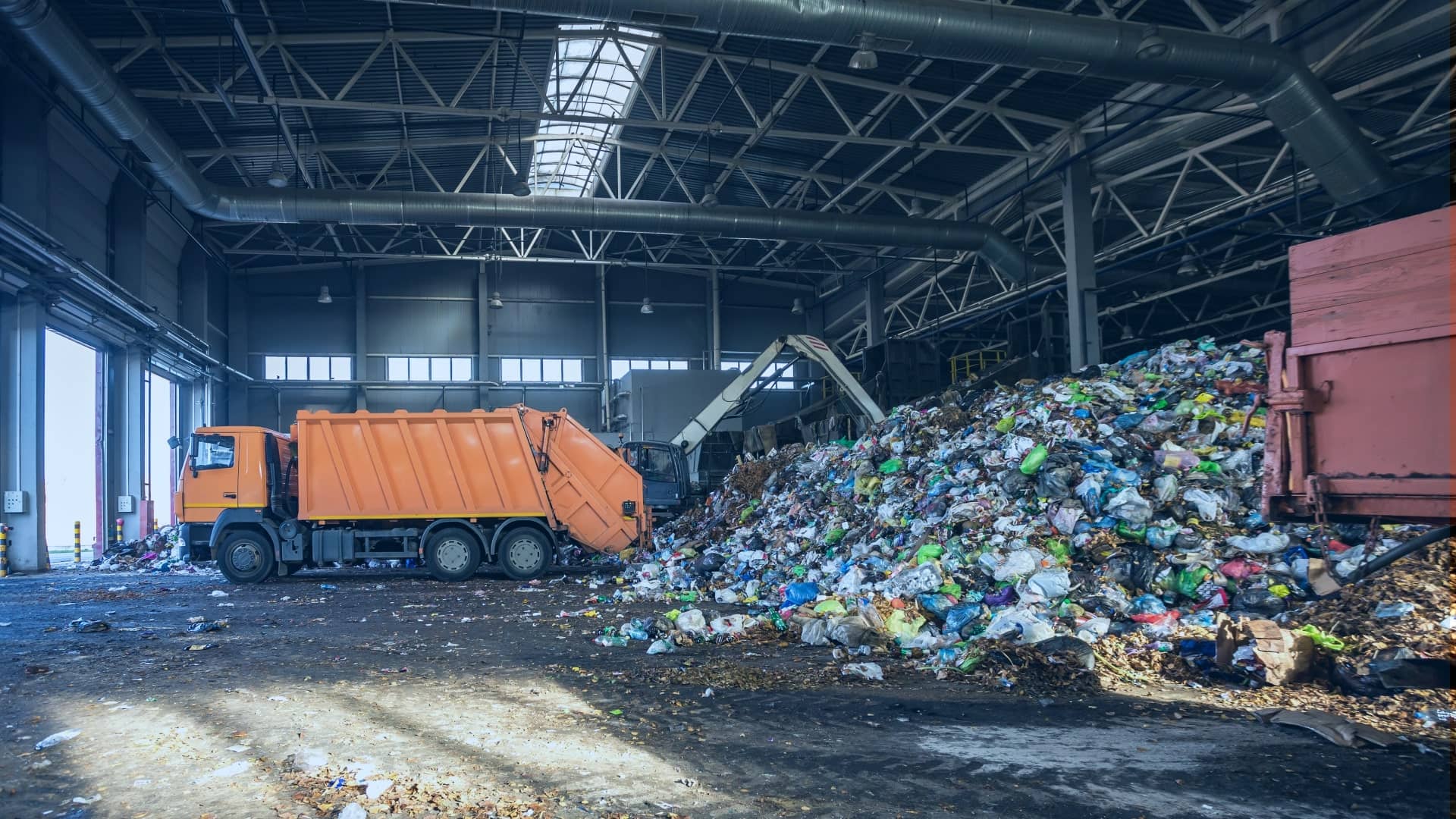Getting The Reclaim Waste To Work
Getting The Reclaim Waste To Work
Blog Article
Reclaim Waste Can Be Fun For Everyone
Table of ContentsThe Greatest Guide To Reclaim WasteReclaim Waste Can Be Fun For EveryoneGetting The Reclaim Waste To WorkRumored Buzz on Reclaim Waste10 Simple Techniques For Reclaim Waste
Residential sewage waste refers to the waste and products from a property septic storage tank. The proper management and disposal of residential sewage waste need fluid waste to be transferred to a sewer therapy plant where the appropriate techniques and equipment are applied to cleanse and dispose of waste.
Commercial waste frequently includes potential threats, such as combustible materials or a mix of liquid and solid waste items, and requires a much more sophisticated and thorough disposal procedure. The disposal of industrial waste generally involves the filtering of waste prior to transport to make sure risk-free and correct disposal. Hazardous waste is created from byproducts and overflow of industrial procedures and production.
This sort of waste can not use the same sewage administration transportation or procedures as septic or industrial fluids. The industrial waste monitoring process needs the assessment and screening of liquid waste prior to it undergoes the disposal process (liquid waste removal). Runoff waste is the fluid waste that comes from drainage and excess stormwater in very booming areas or cities
Overflow waste can trigger contamination and flooding if not taken care of correctly. Making certain appropriate waste management can avoid catastrophes and reduce environmental injury.
A Biased View of Reclaim Waste
Contact PROS Solutions today to discover our waste management and disposal solutions and the appropriate ways to look after the liquid waste you produce.
(https://boom-fruit-496.notion.site/Industrial-Wastewater-Treatment-The-Key-to-a-Cleaner-Greener-Future-13c9fdbb2e9380eca32fee3a79088ddf?pvs=4)Do you recognize what occurs to your water when you disengage, purge the commode or drain the cleaning equipment? No? Well, it deserves recognizing. This supposed 'wastewater' is not only a vital source yet, after therapy, will be released to our land, waterways or the sea. Used water from commodes, showers, bathrooms, kitchen area sinks, laundries and commercial processes is called wastewater.

water made use of to cool equipment or clean plant and devices). Stormwater, a kind of wastewater, is runoff that flows from agricultural and urban locations such as roofing systems, parks, yards, roads, paths and seamless gutters into stormwater drains, after rainfall. Stormwater moves without treatment directly to regional creeks or rivers, at some point getting to the ocean.
What Does Reclaim Waste Do?
In Queensland, many wastewater is dealt with at sewage therapy plants. Wastewater is delivered from residential or industrial sites via a system of sewers and pump terminals, referred to as sewerage reticulation, to a sewage treatment plant. Local governments develop, maintain and operate most sewage treatment plants. Operators are licensed under the Environmental Security Act 1994 to discharge treated wastewater at an acceptable ecological criterion right into rivers.
The Division of Natural Resources suggests neighborhood federal governments regarding managing, operating and maintaining sewerage systems and treatment plants. In unsewered areas, city governments may require homeowners to install individual or household sewer therapy systems to treat domestic wastewater from bathrooms, kitchen areas, washrooms and washings. The Department of Natural Resources authorizes the usage of family systems when they are verified to be effective.
In some new subdivisions, therapy of some stormwater to remove trash, sand and gravel has started utilizing gross toxin traps. Wastewater therapy occurs in 4 phases: Eliminates strong matter.
Makes use of small living microorganisms recognizes as micro-organisms to break down and get rid of continuing to be dissolved wastes and great bits. Micro-organisms and wastes are included in the sludge.
Reclaim Waste Things To Know Before You Get This
Nutrient removal is not offered at all sewer therapy plants because it calls for expensive a fantastic read specialised devices. Clear fluid effluent created after treatment might still contain disease-causing micro-organisms - liquid waste disposal.

This generally indicates wastewater needs to be dealt with or contaminants eliminated before it can be discharged to waterways. The majority of wastewater streams into the sewage system. Under the Act, city governments provide approvals and permits for environmentally relevant activities (Periods) entailing wastewater launches that could have a local impact. The division administers authorizations and permits to Ages entailing wastewater launches that could have a local or statewide influence.
The Greatest Guide To Reclaim Waste
Otherwise, samples are considered laboratory analysis. Usually numerous examinations are required to develop the degrees of each of the different toxins such as oils, heavy metals and pesticides in water. Tracking gives factual details about water high quality and can verify that permit problems are being fulfilled. The details obtained through monitoring offers the basis for making water high quality choices.
Report this page